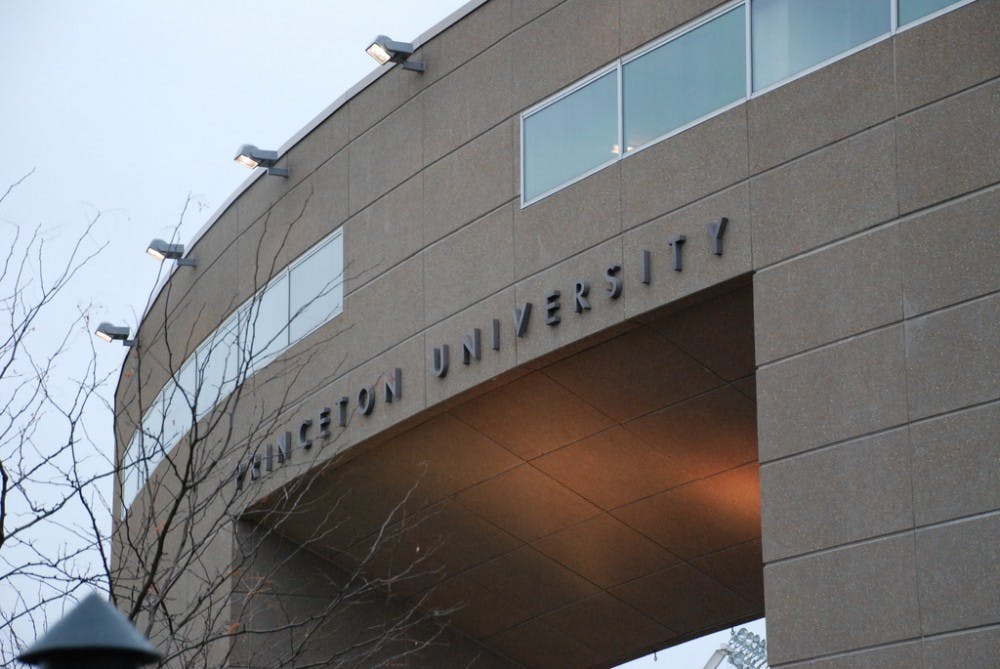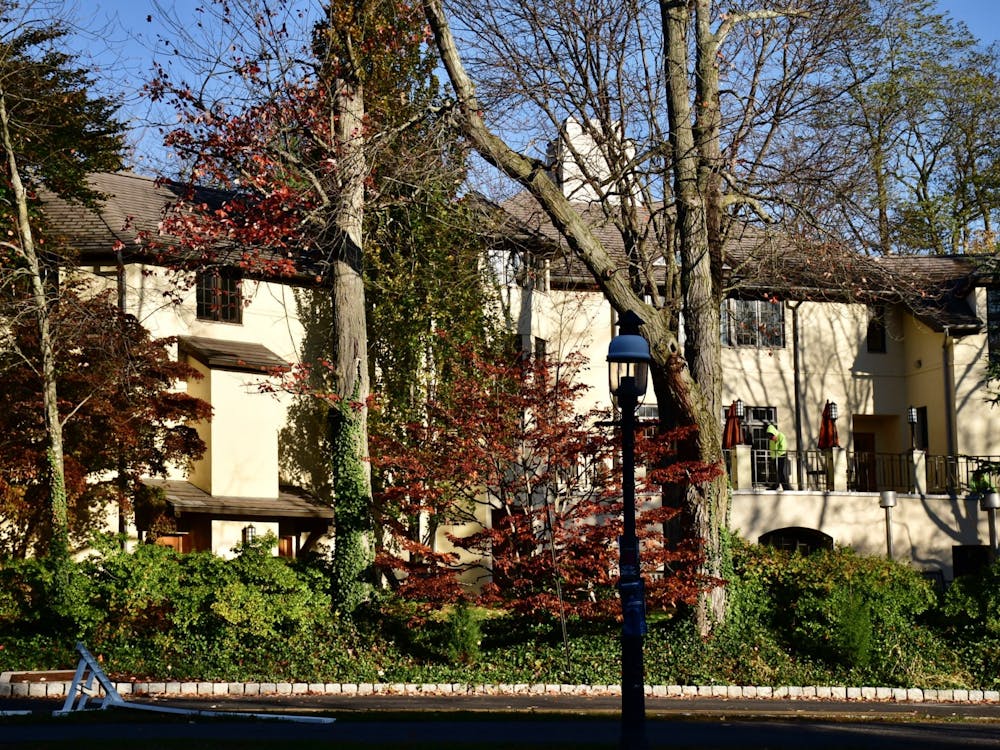After arriving home this spring, I felt that part of my identity was lost. Training consisted of my makeshift gym in my garage instead of a pool, and I did not know the next time I would touch a water polo ball. I had a really hard time wrapping my head around this, and for the first month of quarantine, I wanted nothing to do with working out. Like all collegiate athletes, I worked my entire life to get to this level, so I was grieving over something that I had lost. However, I knew that all of my teammates and coaches were grieving in their own way. I knew athletes across the country were trying to cope, too.
When the Ivy League terminated all sports in March 2020, I had my first collegiate season ripped in thirds. Many others have and are suffering the same fate. Athletes destined for glory had to turn away from NCAA titles, and now many will have their season cancelled before they ever step on the field. After arriving home and trying to process the chaos I was experiencing, I was angry that everything I felt I worked for was tossed aside. My heart was breaking for seniors who did not get their final season. Though it took a lot of reflection, I realized that this decision was bigger than me and thought more on how the Ivy League League should set the precedent for other universities and athletics at every level.
Since mid-March, many aspects of our lives were deprived of normalcy. The Ivy League’s decision to cancel all athletics for the spring season was the start of a different time, an era where sports at every level would be sidelined for the daily coverage of COVID-19. Now professional sports are back — to an extent — which has created a difficult decision for various collegiate conferences: should they let the athletes play?
A month ago, the Ivy League announced its decision and came to a brutal conclusion: all fall and winter sports would be delayed until 2021. However, in the following weeks, many other athletic conferences decided not to follow them. This time around, it hurts that the Ivy League is in the minority, where other conferences get to play this fall. As Princeton athletes, it will be disappointing to watch other schools conduct an off-season practice while we will not even have anyone living on campus.
Most collegiate leagues are following the lead of professional leagues. Though the decision is devastating for Ivy League student-athletes, the decision to resume play could backfire, causing them to lose even more games. Some of these professional leagues have had success playing in a COVID-free arena while others are starting to battle again with the virus — and jeopardizing the viability of their season.
In particular, the Major League Baseball is facing COVID-19 outbreaks within the league. If one person on the team catches coronavirus, the entire team and the team they played have to sit out of five games. The Miami Marlins had almost two-thirds of the team test positive for coronavirus, costing the team 14 games and forcing chaotic rescheduling for the league. The St. Louis Cardinals recently had 13 members of the organization test positive. If it is hard for professional teams to contain the virus while traveling and competing, how would it be any easier for collegiate players?
On the other hand, the leagues that have used a bubble — a structure that houses and quarantines athletes, journalists, coaches and other staff from the outside world — have succeeded for now in avoiding any cases of COVID-19. Baseball’s decision to forego the bubble concept may have been responsible for their outbreak. However, this system does not necessarily work for collegiate athletes: how do you enclose collegiate athletes in a bubble? It would be near impossible. The sheer volume of collegiate athletes is too great.
Many collegiate athletes observing the pandemic are becoming alarmed. A group of athletes from PAC-12 — an athletic conference that operates in western United States — wrote a petition demanding the NCAA protect them from COVID-19 by including the option to opt out of a season if they are immunocompromised. Players should not have to boycott or lose eligibility if they are uncomfortable playing in a pandemic. Though the Ivy League’s choice to postpone all athletics still hurts, we know that athletes’ safety is well-guarded and that those who do not feel comfortable playing do not have to make that decision for themselves.
With the professional leagues as a primary experiment, it is evident that containing the virus at a professional level is hard if there is not a multi-million dollar structure that restricts movement of the players. Professional athletes play for a living; collegiate athletes play on top of balancing an education. How is it safe enough to play sports when many college campuses are conducting virtual classes or not even housing students?
Collegiate athletes continue to compete because we love the game. The University’s most recent decision to move the entirety of the fall semester online is another tough blow for the athletic community. It’s painful to know that countless hours (and years) of training will not pay off. Another group of seniors are missing their last time to compete for the University. However, as Ivy League athletes, we need to understand the reasoning behind the University’s decision and recognize our role. It is our duty to make the hard and correct choices, hold our heads high, show leadership, and realize other conferences, institutions, and people look to the Ivy League for guidance. The potential loss of another season of sports is a major sacrifice, but it is the right choice.
Maisie McPherson is a sophomore from Dana Point, Calif. She can be reached at maisiem@princeton.edu.









